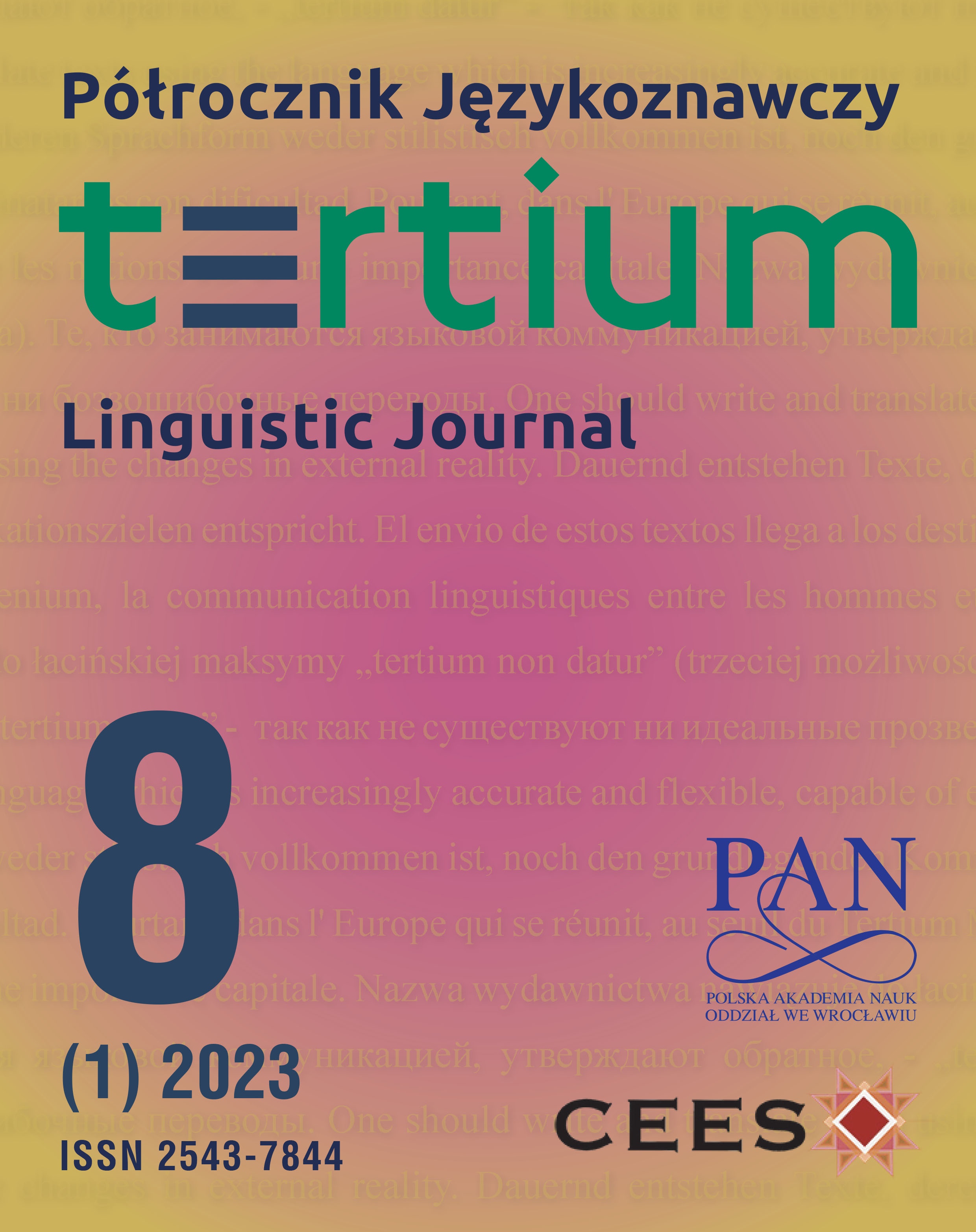Permacrisis, Conspiracy Stories and Metaphors
Permacrisis, Conspiracy Stories and Metaphors
Author(s): Andreas MusolffSubject(s): Health and medicine and law, Sociology of Literature
Published by: Krakowskie Towarzystwo Popularyzowania Wiedzy o Komunikacji Językowej Tertium
Keywords: conspiracy story; crisis; metaphor; narrative;
Summary/Abstract: Conspiracy stories (also known as ‘conspiracy theories’) pretend to provide truthful and unambiguous responses to crisis experiences and thrive in conjunction with the latter: the more crises, the more conspiracies! Hence, it is no surprise that the recent, extended and multi-level crises have been accompanied by a cacophony of ‘trending’ stories that see conspiracies behind, e.g. COVID-19, climate change, migration, economic stagnation and military conflicts. These conspiracy stories link up with global master-conspiracies (e.g. Great Reset, QAnon) as well as with localised violent protests based on conspiracy stories at national or regional levels. Despite their oft-lamented factual and logical deficiencies, conspiracy stories have two important assets. One asset is their narrative structure that presents a ‘solution’ to the narrative ‘problem’, which is identified with the topical crisis. They tell a supposedly secret back-story that ‘explains’ the current crisis and, based on it, provide a glimpse of an innovative solution. Their second asset is their figurative, non-literal formulation in terms of metaphor scenarios and metonymies, which enables users to mentally cancel part of their stories when they are exposed as untrue, and thus to maintain the story as a whole. The article provides a corpus-based analysis of metaphor use in conspiracy stories about COVID-19 in the UK, America and Germany. It explains their function and sketches perspectives for further research. It also discusses the chances of “reframing” metaphor- enhanced conspiracy stories during (perma-)crises and argues that such an endeavour must not restrict itself to fact-checks and -corrections. Instead, the narrative appeal of conspiracy stories, based on their figurative structure, needs to be taken into account, in order to expose their potentially disastrous political and social consequences.
Journal: Półrocznik Językoznawczy Tertium
- Issue Year: 8/2023
- Issue No: 1
- Page Range: 5-21
- Page Count: 17
- Language: English

